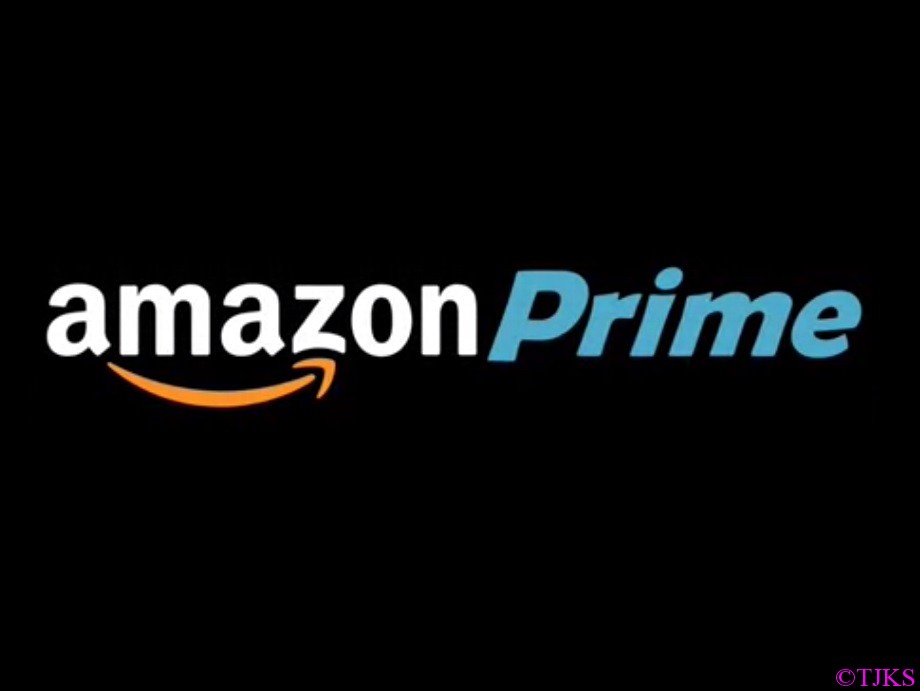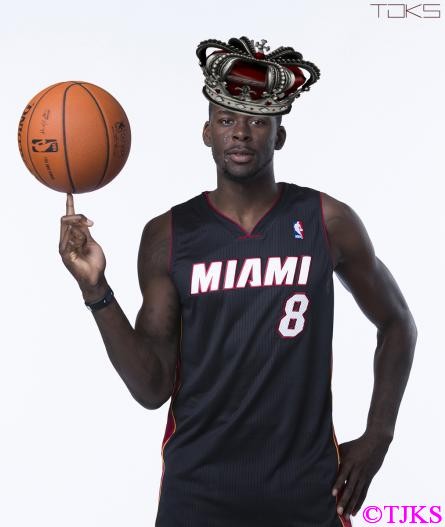
March 6 (Bloomberg) — Circuit City Stores Inc. will finish its going-out-of-business sales by March 8, earlier than the bankrupt company, once the second-biggest U.S. electronics retailer, had projected.
“We expect all the stores to run out of inventory by the end of the weekend,” said Scott Carpenter, executive vice president of the Great American Group WF LLC, one of four companies that is liquidating the electronics chain. “Overall, we are pleased with the way things went.”
The companies originally said the sales would continue until March 31.
Circuit City, based in Richmond, Virginia, filed for bankruptcy protection Nov. 10 after suppliers cut off credit. At the time, Circuit City planned to continue operations after exiting Chapter 11. Negotiations with prospective buyers failed, and in January the company said it would go out of business.
Consumers reacted positively to the going-out-of-business sales, which offer discounts of as much as 80 percent to 90 percent on some products, Carpenter said yesterday in a phone interview.
“Ironically this is what people want,” said David Schick, an analyst with Stifel & Nicolaus & Co. “They want to buy things on sale.”
Falling Recoveries
The group of four liquidators, which beside Great American include Hudson Capital Partners LLC; SB Capital Group LLC, and Tiger Capital Group LLC, guaranteed creditors would get the first 70.5 percent of the value of the $1.2 billion to $1.3 billion in inventory, according to court papers.
“We will be able to fulfill all of our obligation to that agreement,” Carpenter said.
If the sales had fallen short, the liquidators promised to make up the difference. The guarantee was backed by a $100 million letter of credit.
Circuit City’s successful sale came as creditors of other bankrupt companies have faced falling recoveries on higher guarantees as the economy soured.
Mervyn’s LLC, the Hayward, California-based retailer, filed for restructuring in July and said it would shed 26 stores. Liquidators guaranteed 117 percent of wholesale prices.
Three months later, unable to find a buyer to save the chain, Mervyn’s decided to liquidate all 149 stores. The guarantee for the normally lucrative holiday season fell to 105 percent.
‘Economy Changed’
“It showed how the economy changed,” Jay Indyke, a Cooley Godward Kronish LLP attorney representing Mervyn’s unsecured creditors, said in an interview. “This was entirely an outcome of what happened with the economy, the financial crisis and consumer spending.”
Linens ‘n Things, the Clifton, New Jersey-based housewares company, entered bankruptcy saying it would sell 120 stores and reorganize around the rest. Two liquidators in August promised 103 percent of the merchandise’s value.
Linens decided to close all its stores in October. The guarantee dropped to 95 percent.
“Today we are seeing liquidators being more cautious, and that means lower guarantees for creditors,” said Jonathan Henes, a bankruptcy lawyer at Kirkland & Ellis LLP in New York.
When it began Circuit City’s going-out-of-business sales in January, Great American expressed caution about its ability to meet its guarantee.
‘Never Quite Sure’
“We’ve never in our company’s history seen an economy in this position before, so you’re never quite sure what to expect,” Chief Executive Officer Andrew Gumaer said in a phone interview in January. “We’ll know at the end of the sale whether we valued it appropriately.”
Best Buy Co. is the largest U.S. electronics retailer.
The case is In Re Circuit City Stores Inc., 08-35653, U.S. Bankruptcy Court, Eastern District of Virginia (Richmond).




































































